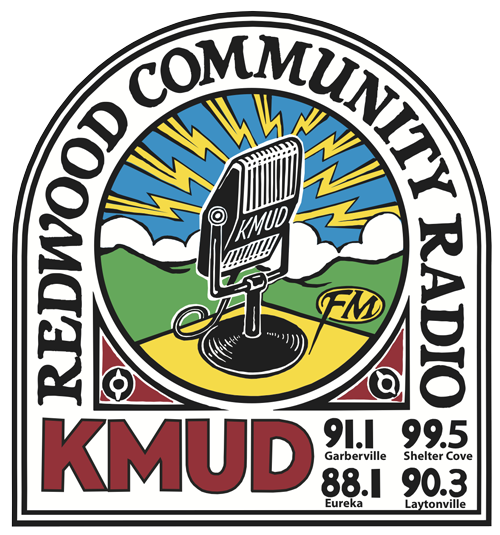KMUD News 02 13 25

House oversight committee holds hearing on Department of Government Efficiency
with reports from KPFA:
- Attorney Tori Noble weighs in on DOGE’s far-reaching measures
- Health care policy advocate Leslie Dach analyzes the new republican budget with proposed radical dismantling of medicare and medicaid
and
Global Non Profit with Ties in Arcata Accused of Shaping Media Narratives as DOGE goes after USAID projects
A nonprofit with roots in Arcata, California, has been thrust into a nationwide controversy following scrutiny from WikiLeaks and conservative media figures. The organization, Internews, has received over $800 million in government funding since 2008, both foreign and domestic, with over half of that from the U.S. Agency for International Development (USAID). While Internews presents itself as a champion of independent journalism, critics argue that its close ties to U.S. government funding raise concerns about media influence and potential political motives.
WikiLeaks recently posted about Internews, calling it “secretive” and alleging that the organization plays a role in shaping global media narratives. The post ignited a wave of online speculation, with some accusing Internews of being a tool of U.S. foreign policy. Conservative media outlets quickly picked up the story, amplifying claims that the nonprofit may be involved in efforts to promote pro-government viewpoints and even suppress certain narratives.
Locally, the fallout has already been felt. Neighboring businesses near Internews’ Arcata office have advised employees to stay home due to safety concerns. The national controversy surrounding Internews has turned this small Humboldt County town into an unexpected focal point of a larger debate about media funding, government influence, and soft power.
USAID Controversy and Musk’s Claims
The scrutiny of Internews is part of a broader debate over USAID and its role in funding media development worldwide. USAID, which provides billions in aid to foreign nations, has long been accused by critics of using funding to shape political narratives in ways that align with U.S. interests. These concerns have grown under the Trump administration, with Elon Musk publicly attacking the agency, calling it a criminal organization and suggesting it should be dismantled.
Despite Musk’s claims, no concrete evidence has emerged to substantiate allegations of widespread corruption within USAID. Additionally, Internews has undergone multiple financial audits, including a 2020 review by Gelman Rosenberg & Freedman (GRF), which found no material weaknesses in its financial controls.
Congressional Authority and Executive Power
The funding of USAID programs, including grants to Internews, is authorized by Congress. This raises legal questions about whether an appointed official or even the president has the power to unilaterally halt funding for such programs. Critics warn that if executive overreach in controlling foreign aid goes unchecked, it could set a dangerous precedent for bypassing congressional authority.
The Global Soft Power Debate
At its core, USAID is a tool of American soft power—promoting democracy, economic development, and media freedom as a way to maintain U.S. influence globally. By funding independent media organizations like Internews, the agency has played a role in supporting press freedom in fragile democracies.
However, critics argue that when a media organization is overwhelmingly funded by the U.S. government, it is difficult to claim true independence. Some contend that initiatives like Internews risk being perceived as propaganda efforts, particularly in nations where the U.S. is already seen as meddling in local affairs. Dismantling USAID, on the other hand, could weaken America’s ability to counter authoritarian state-controlled media and promote democratic values abroad.
Internews’ Stance on Funding with Strings Attached
David Hoffman, the founder of Internews, has long maintained that the organization values editorial independence above all else. In a 2005 interview, Hoffman stated that if funding came with conditions that could compromise this independence, he would decline it.
This commitment underscores a key tension in the Internews controversy: while the organization insists it operates free from U.S. government influence, the sheer scale of its government funding raises inevitable questions. The debate over Internews, USAID, and soft power will likely continue, as the U.S. grapples with how best to promote its values abroad without undermining the very independence it seeks to support.
Sources for tonight’s reporting:
International Radio Day: Spotlight on Radio YSUCA El Salvador (Link to follow soon)
